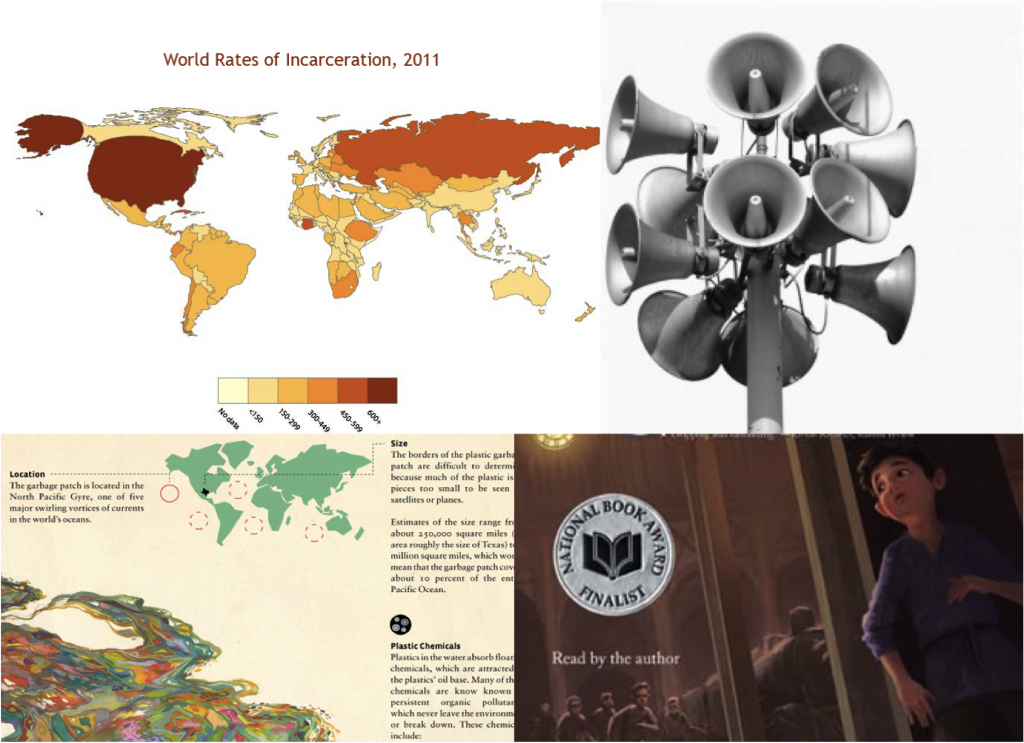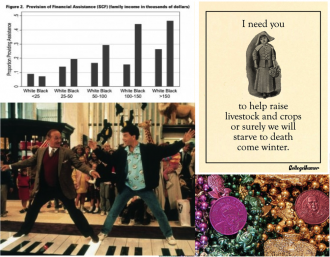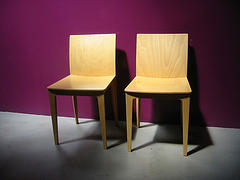 A Few Things I’ve Learned
A Few Things I’ve Learned
In academic writing, inscrutability is often treated as a virtue. I have a few theories:
- “Smarter than thou.” Ever been at a talk where someone asks a “question” that’s just a transparent way to prove that they know a lot? And that they know big words, too? It’s annoying. For writers, the logic often seems: if the piece technically makes sense, but no one else can make sense of it, you must be the smartest person in the journal. You may be revered for your brilliance, but no one’s going to actually talk about your work. Readers will be too afraid to admit they don’t understand it (and too unsure about whether you do).
- Tone-deafness. This might, more kindly, be called the expertise problem. In essence, you, the author, know this stuff backward and forward. You may start assuming everyone else does, too. Alternatively, you’ve simply read it all so many times you can no longer see the gaps in your logic or spot places that just plain don’t make sense.
- Longer is better. In trying to cover all the bases, you go too far, accidentally creating 5th base and a watering hole somewhere in left field. Looking for a thorough lit. review, an overview of the thinking in the field, and presenting many opportunities for future researchers, you find yourself at 25 pages, when your point could have been made—and made well—in 10.
As an editor and sometime “translator” of ivory-tower-talk, I also have a few suggestions: more...





